We Dive Into Your Patient Care
What patient populations have you served? We probe the acuity, volume, and specializations.
"Tell me about the types of patients you typically care for..."34+ Health Care Resume Examples
In Health Care, you're competing with 700 applicants per search
You're Not Rejected.
— You're Overlooked —
We fix your health care resume with one conversation
The best health care resume samples show quantified achievements, not just duties. Here's what makes health care resumes get interviews:
Each health care resume sample below was written through our 1-on-1 interview process. Click any health care resume example to see the full sample and learn how we transformed their experience into proof.
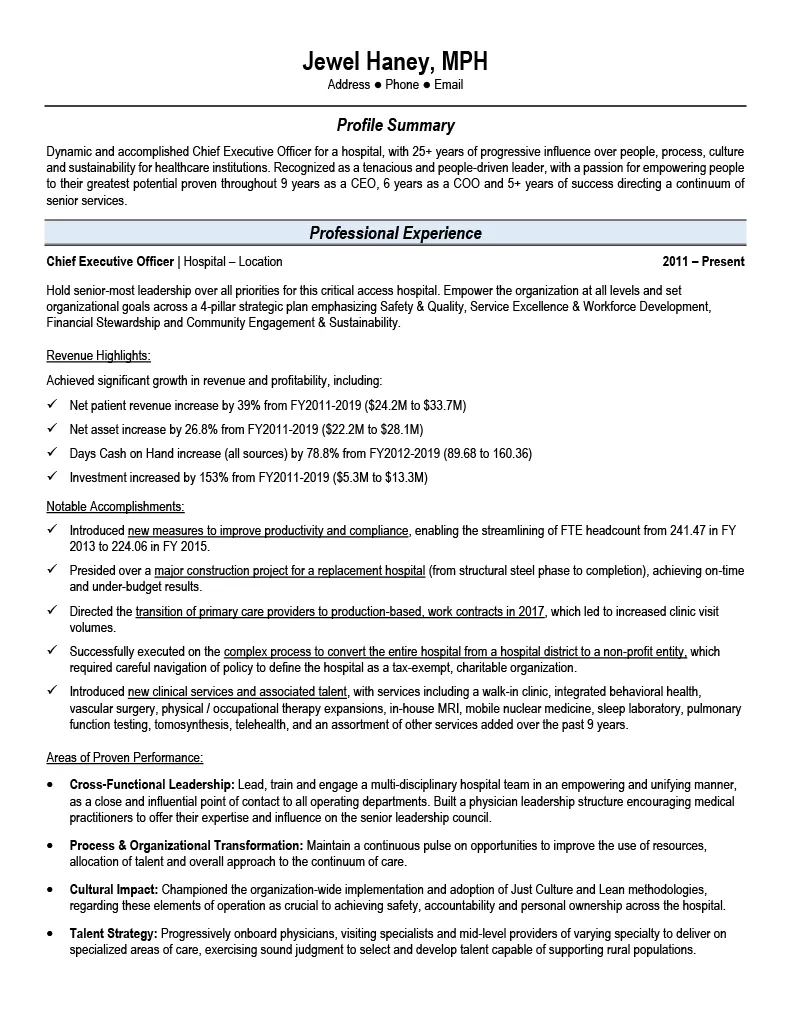
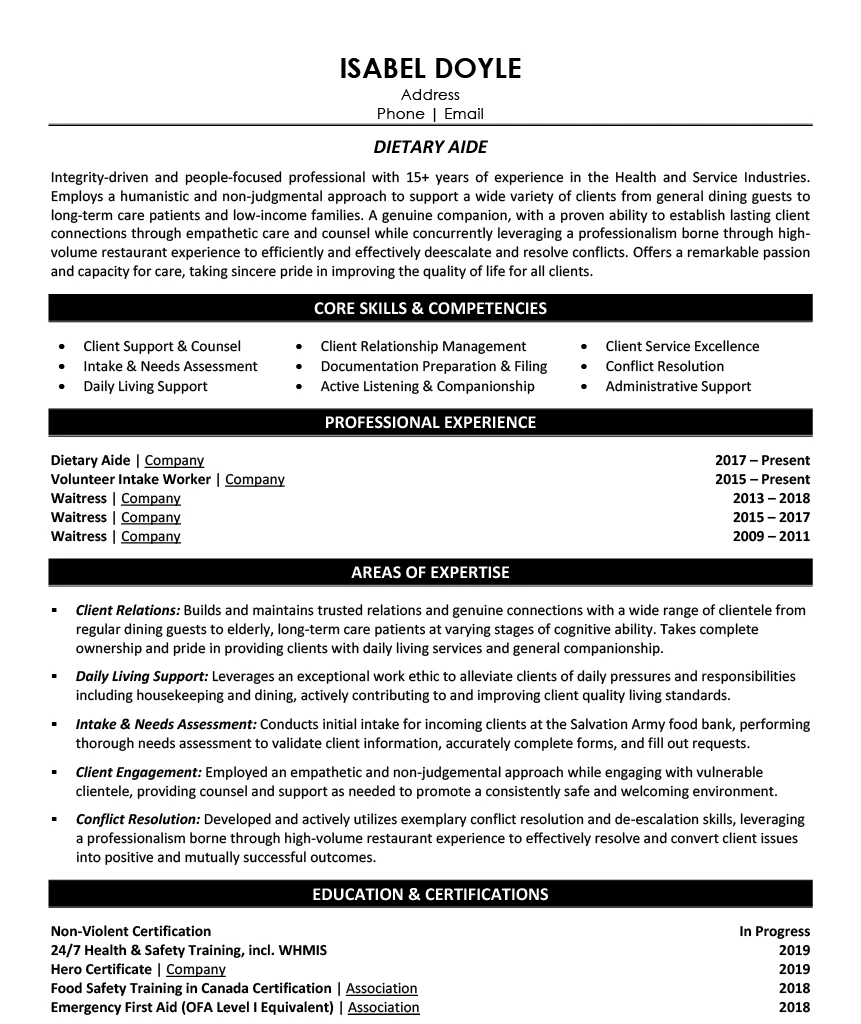
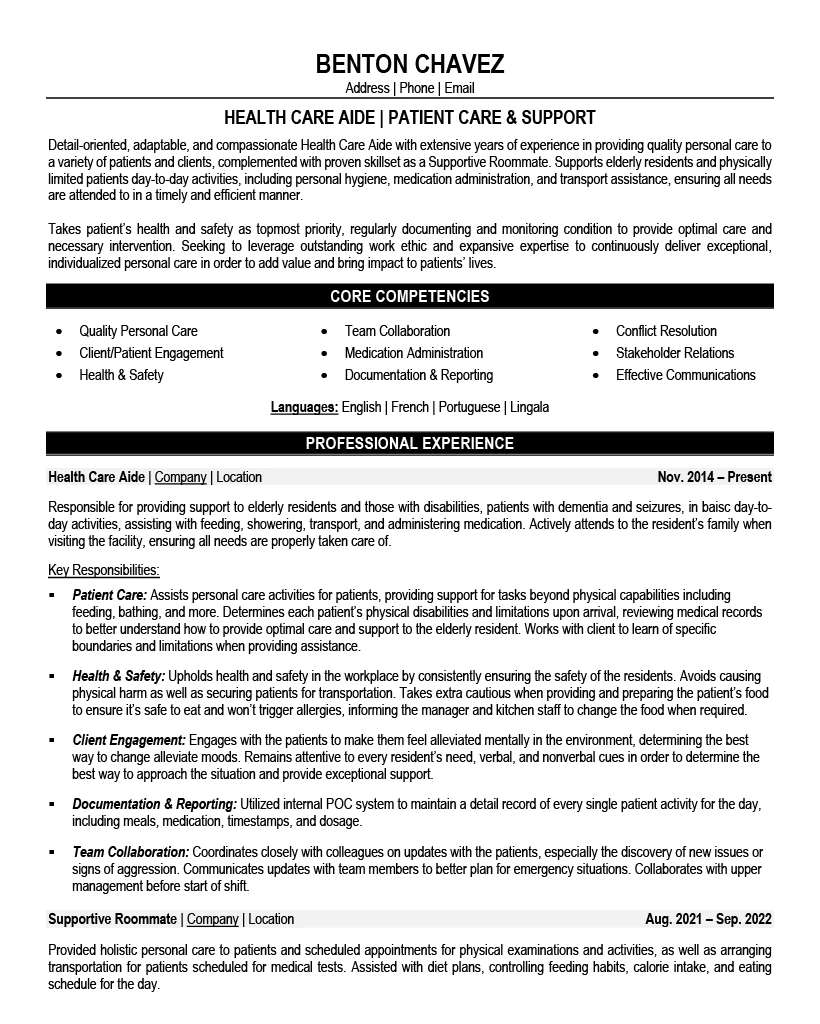
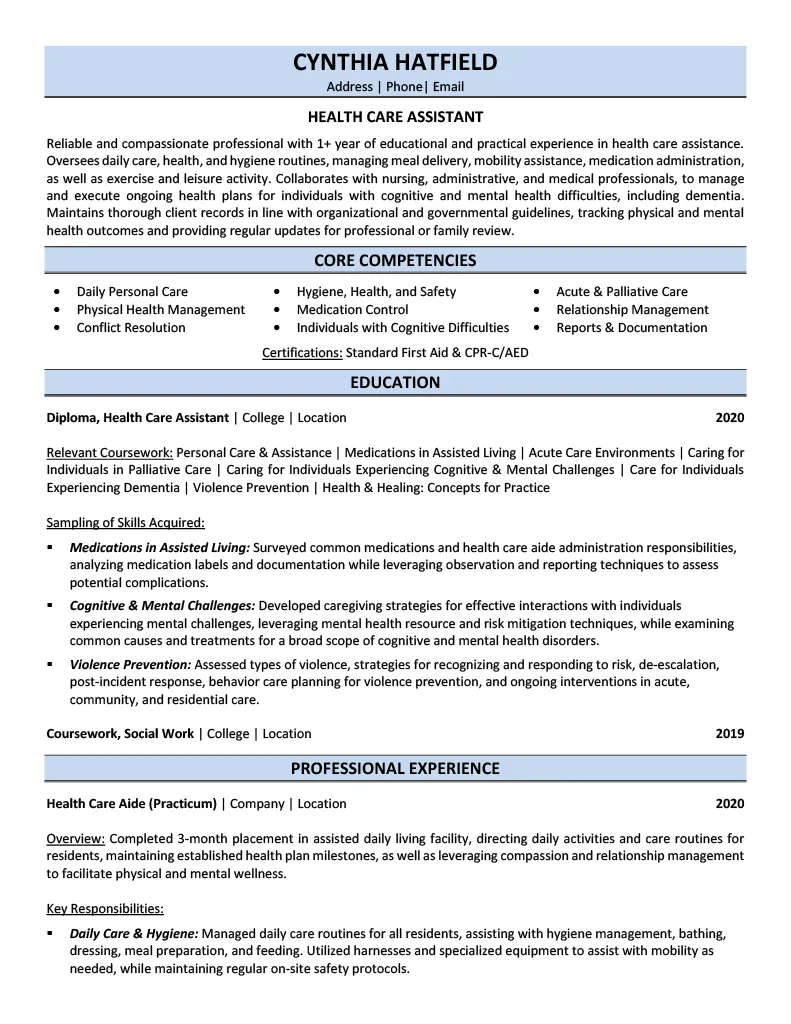
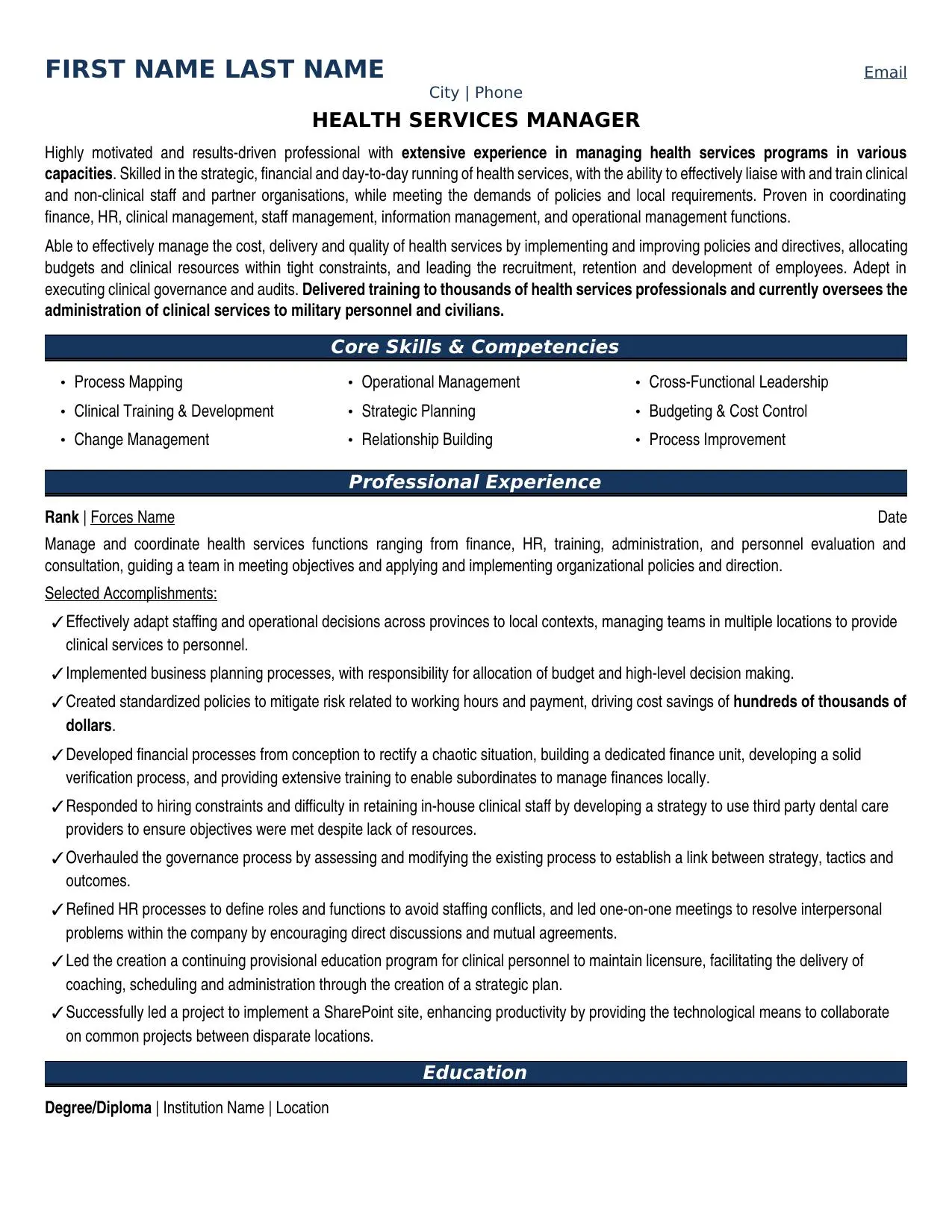
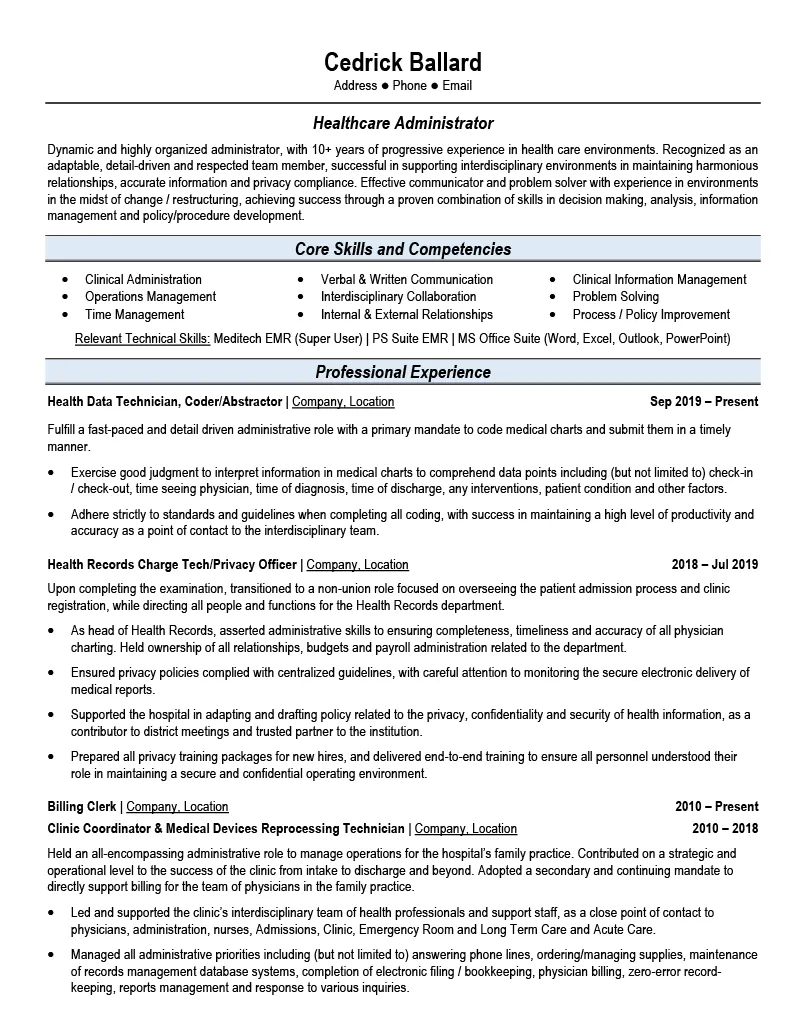
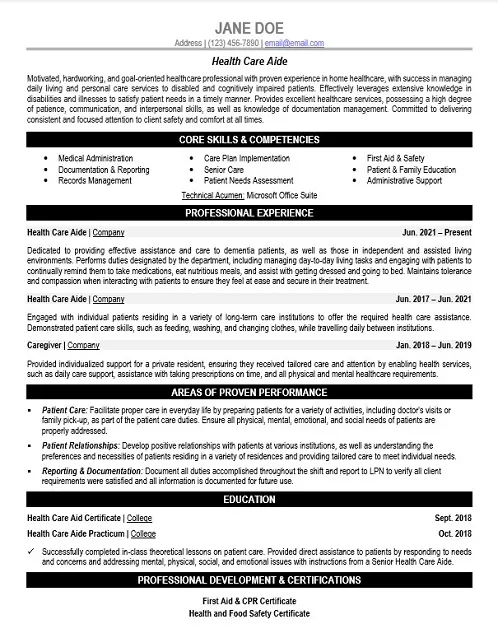
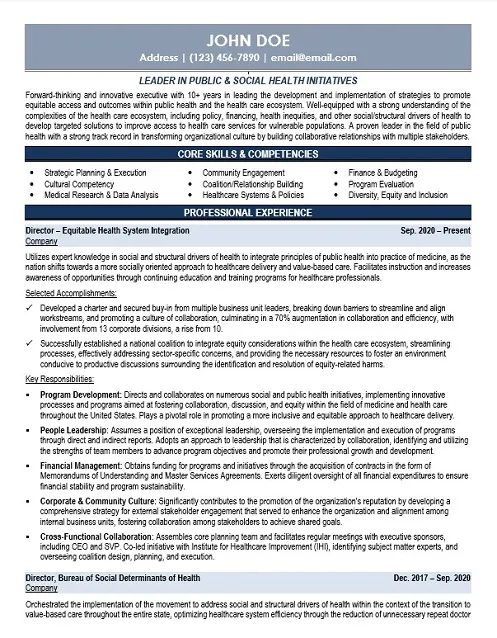
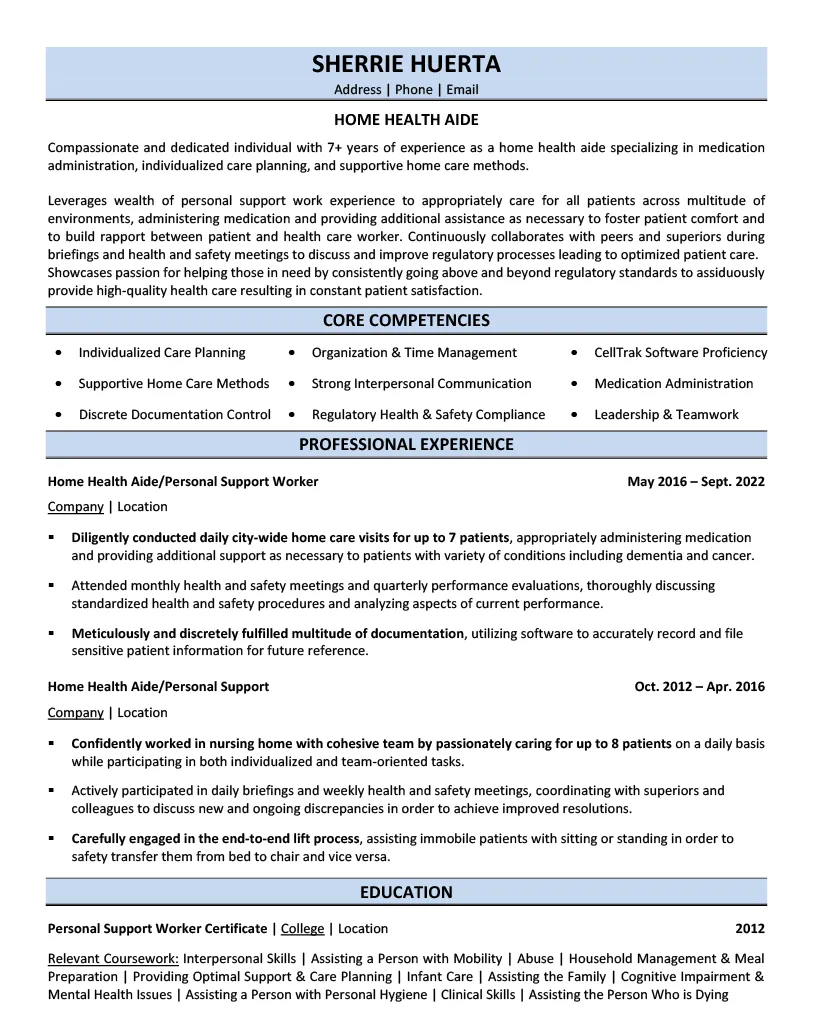
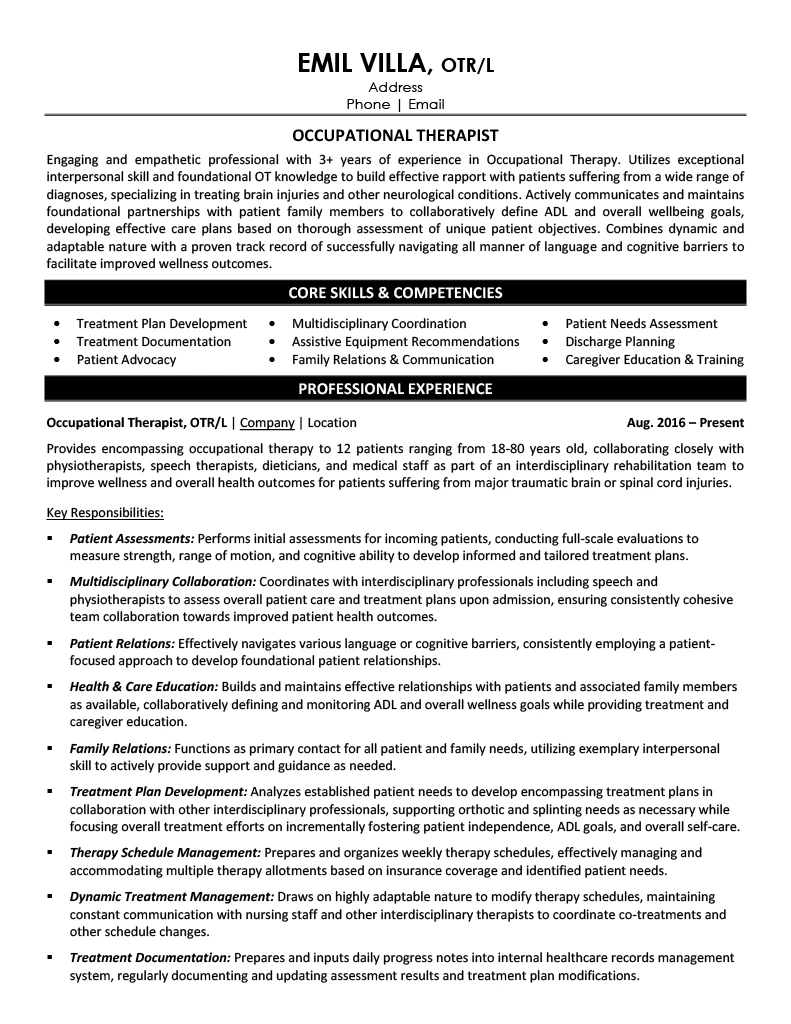
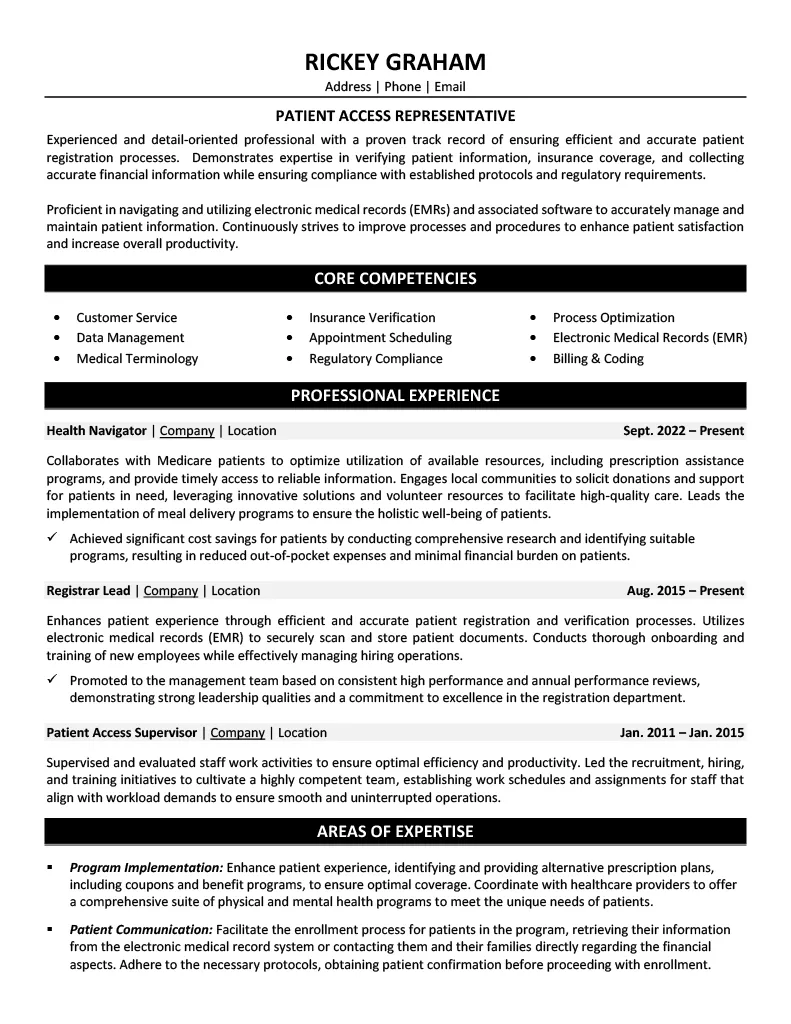
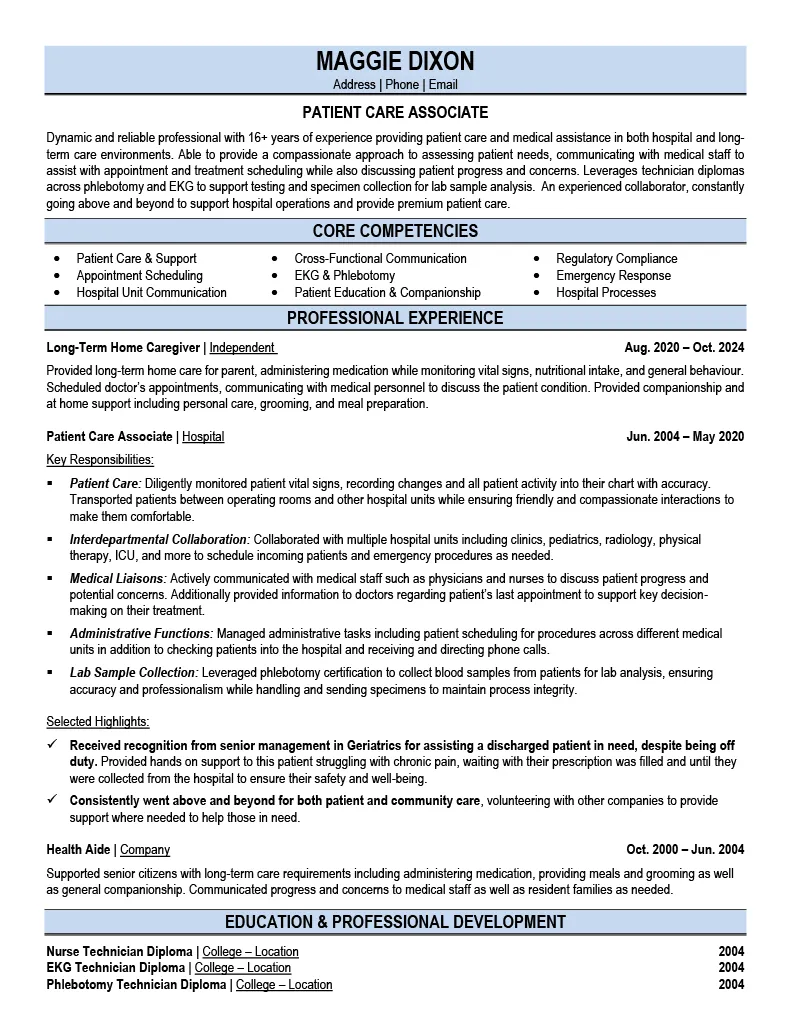
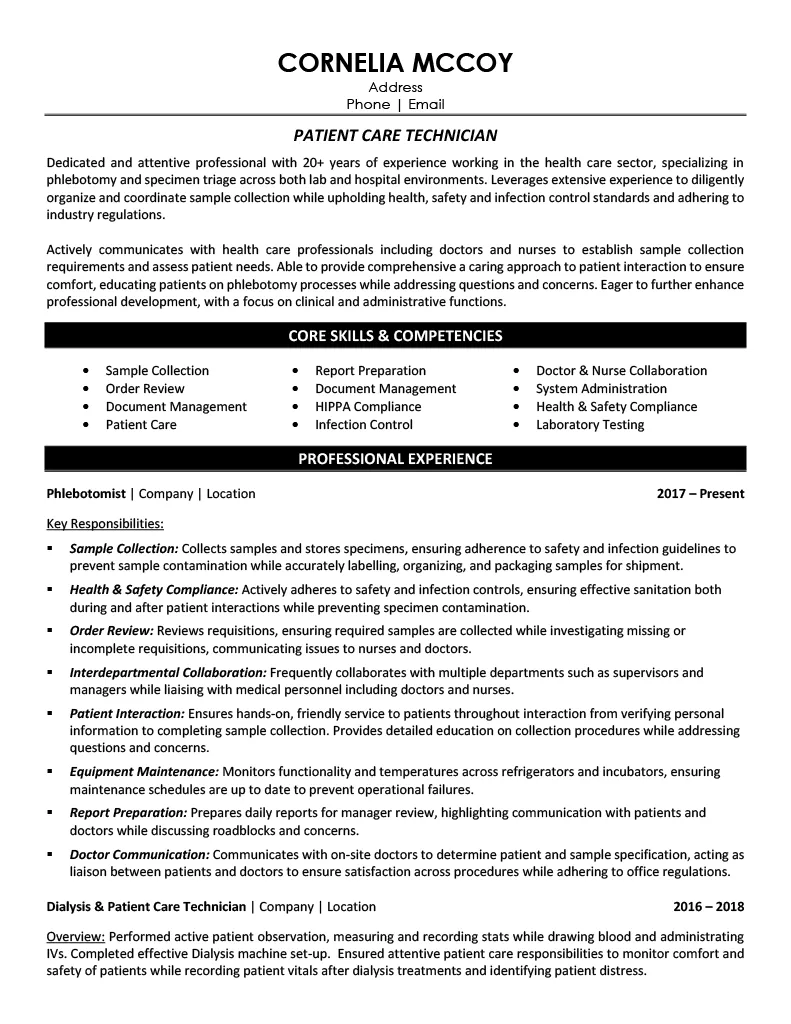
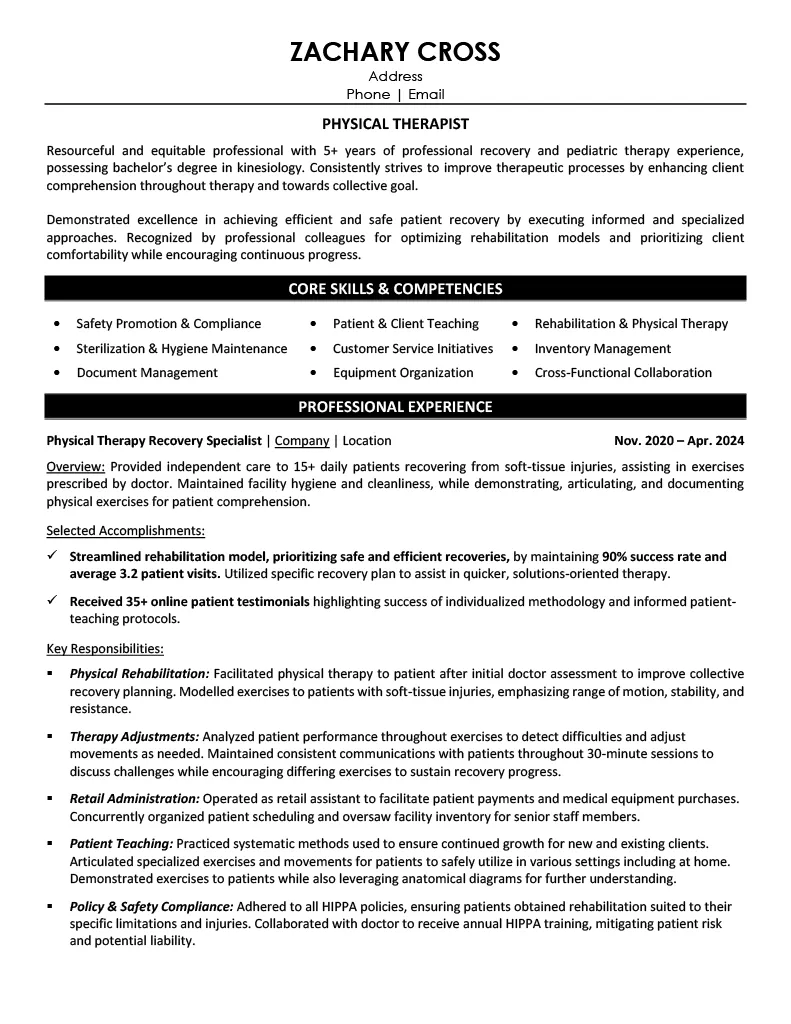
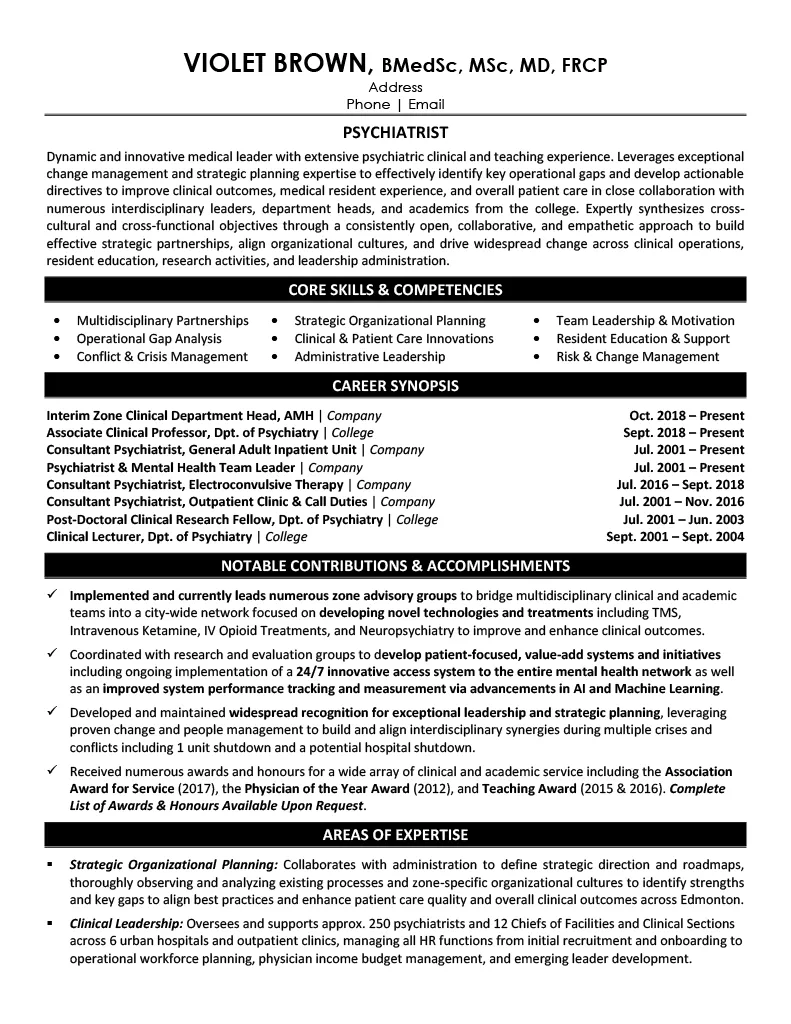
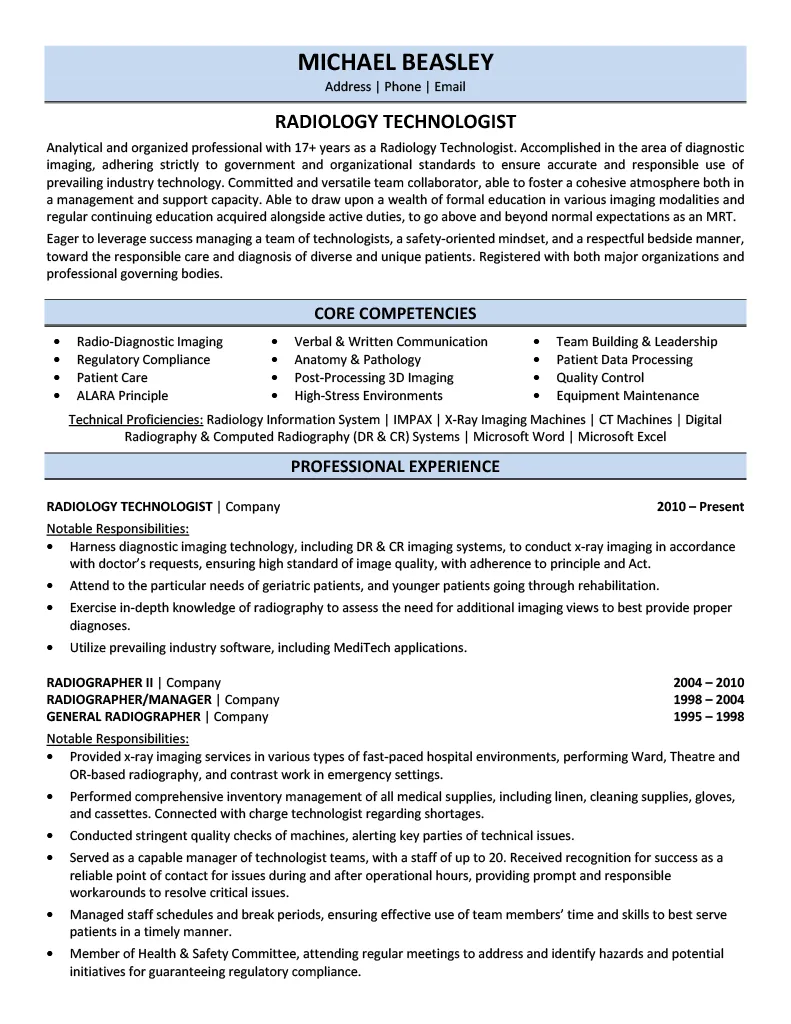
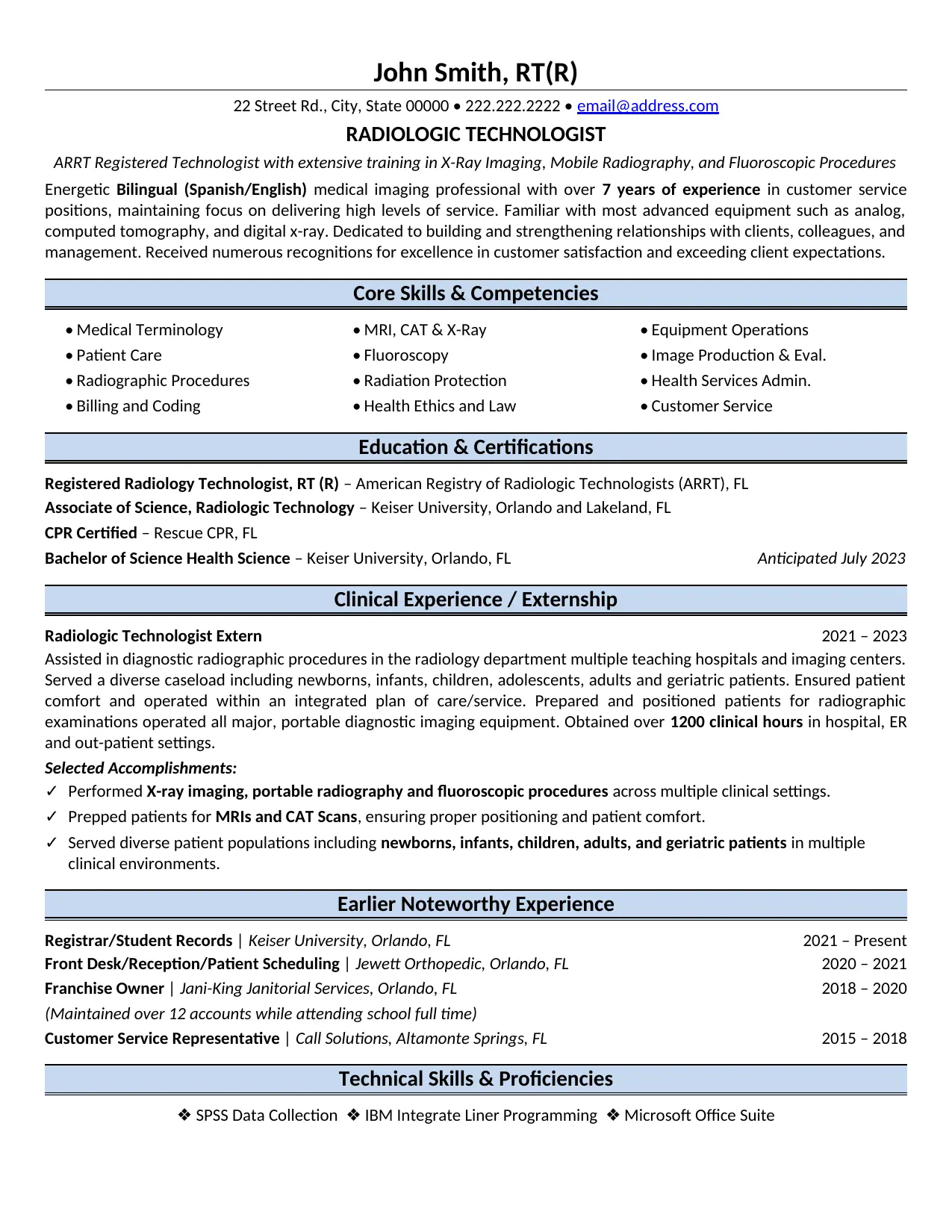
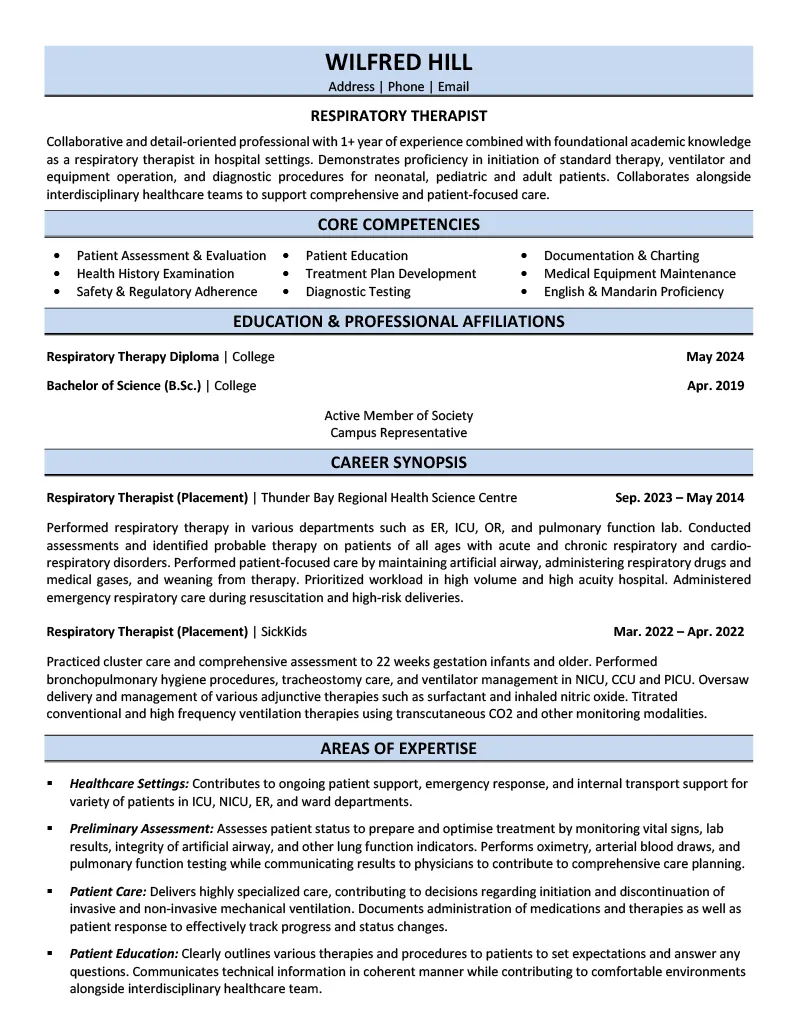
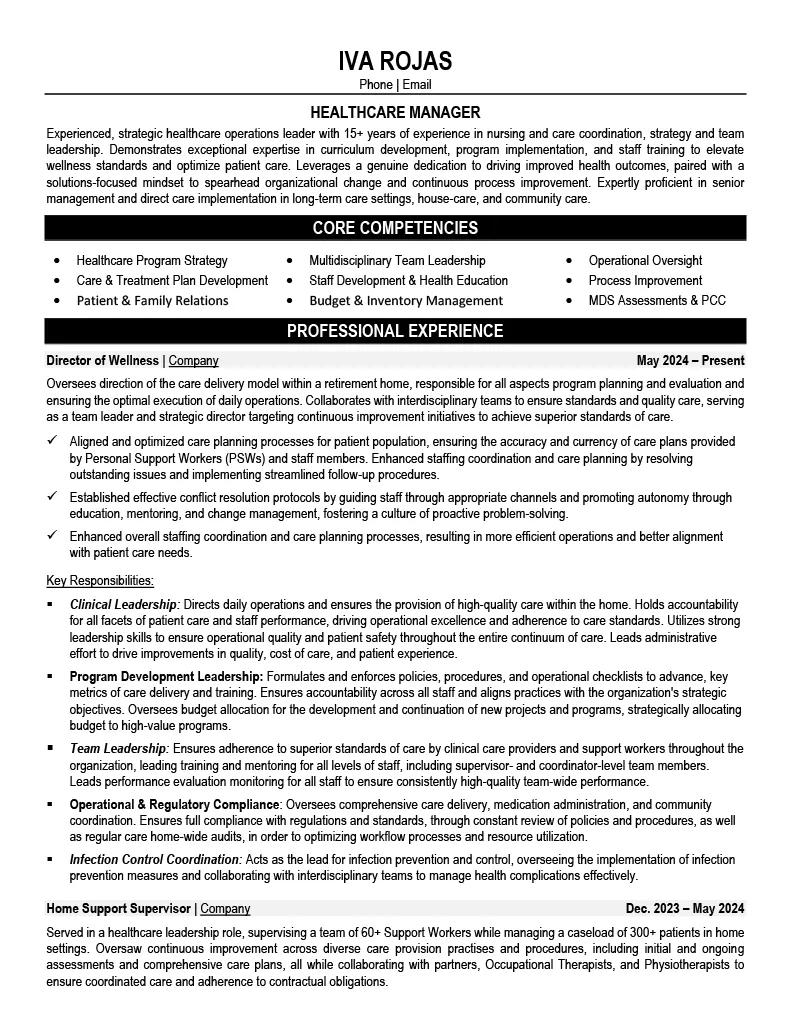
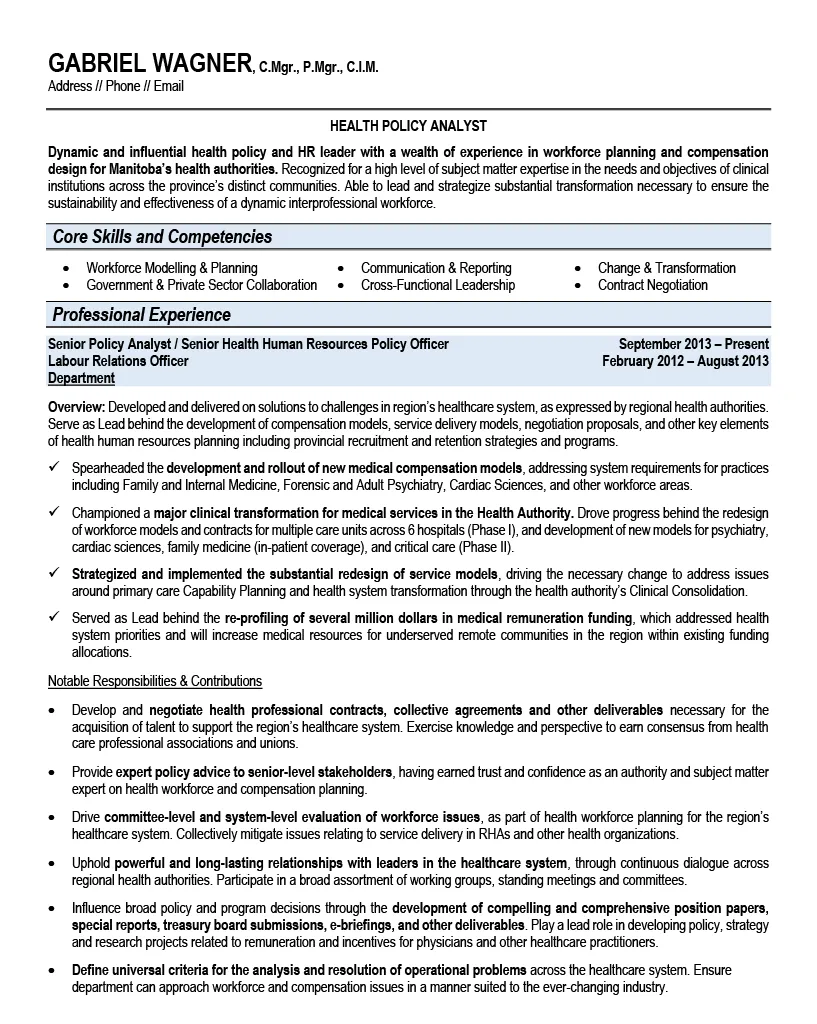
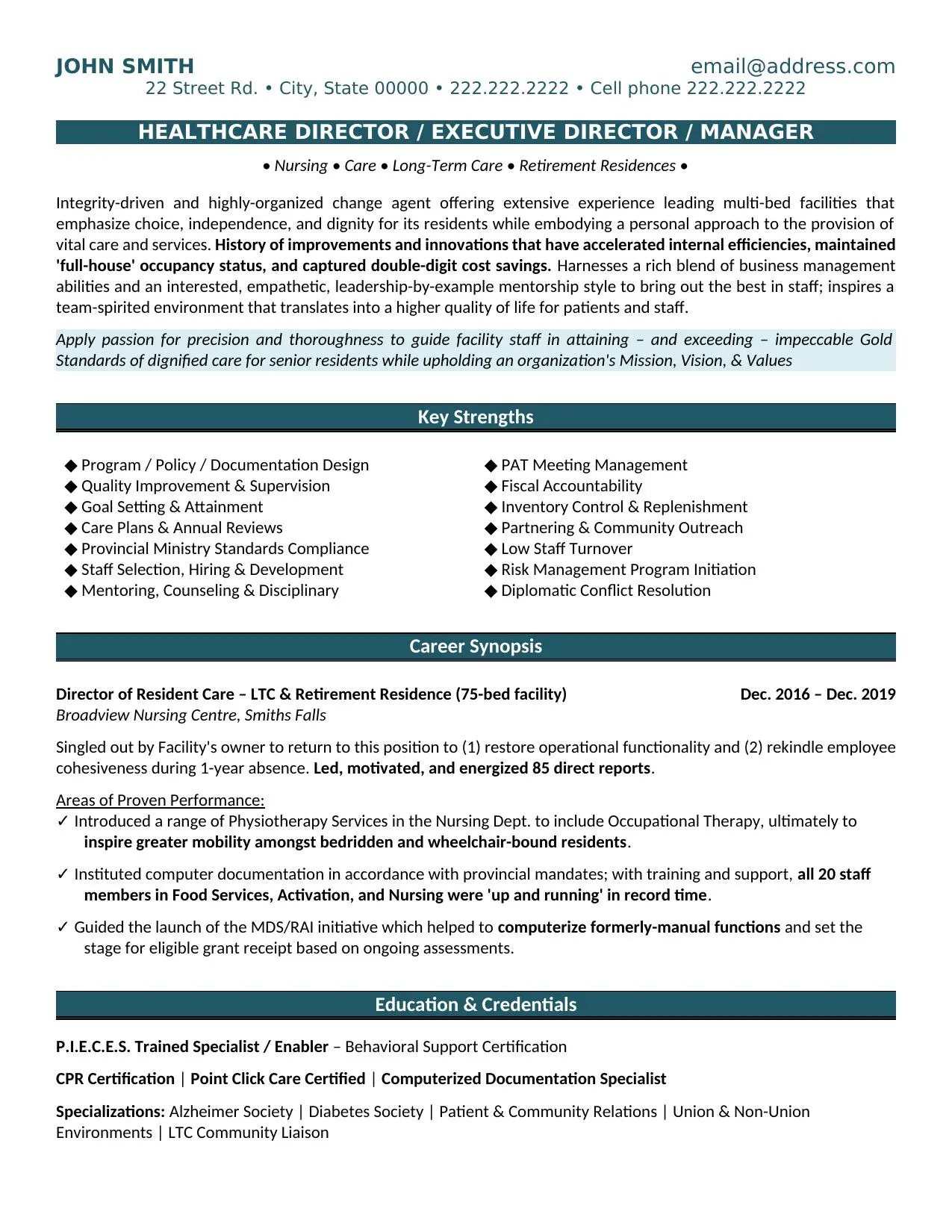
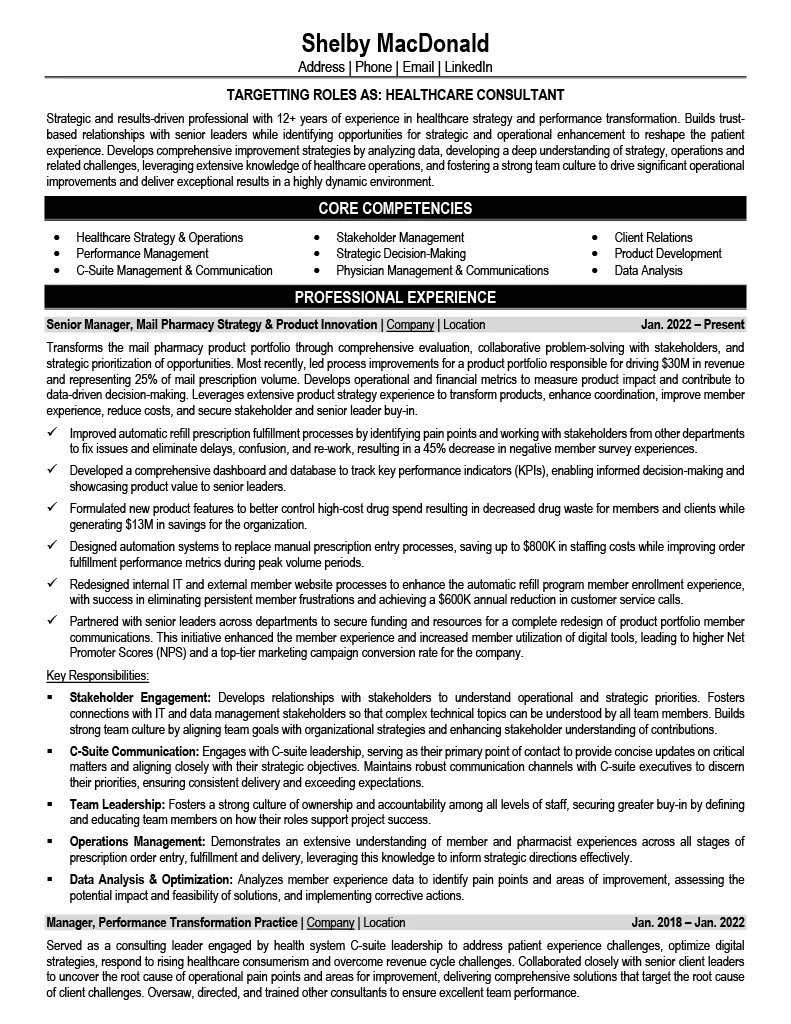
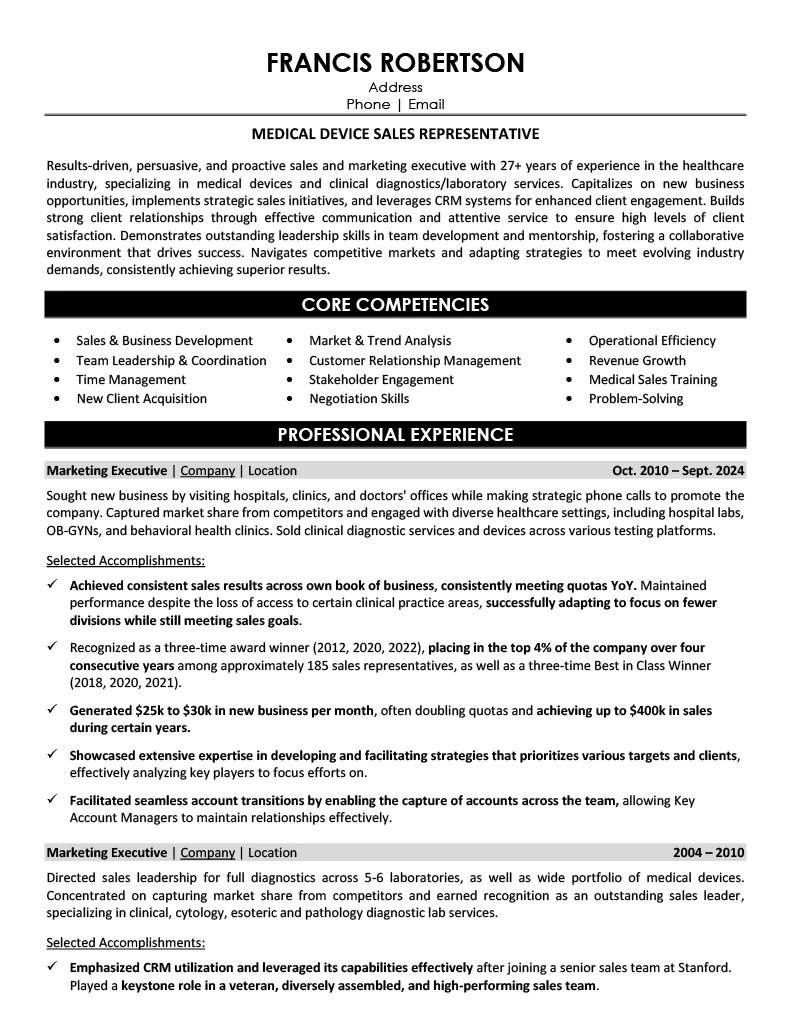
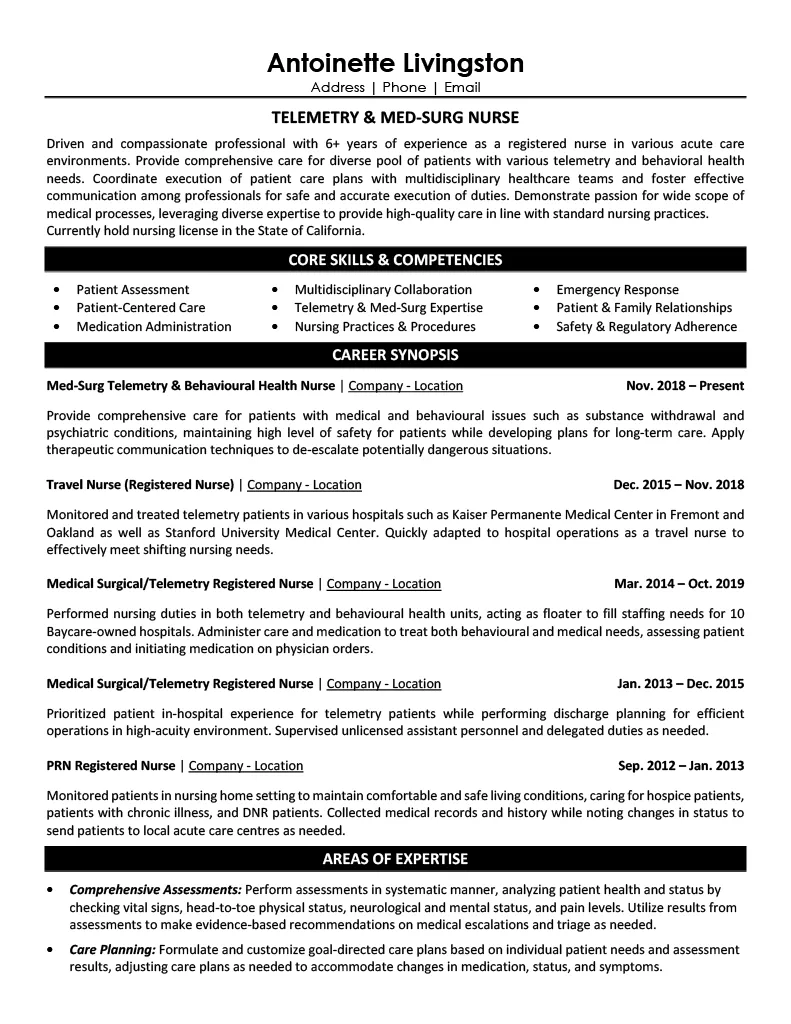
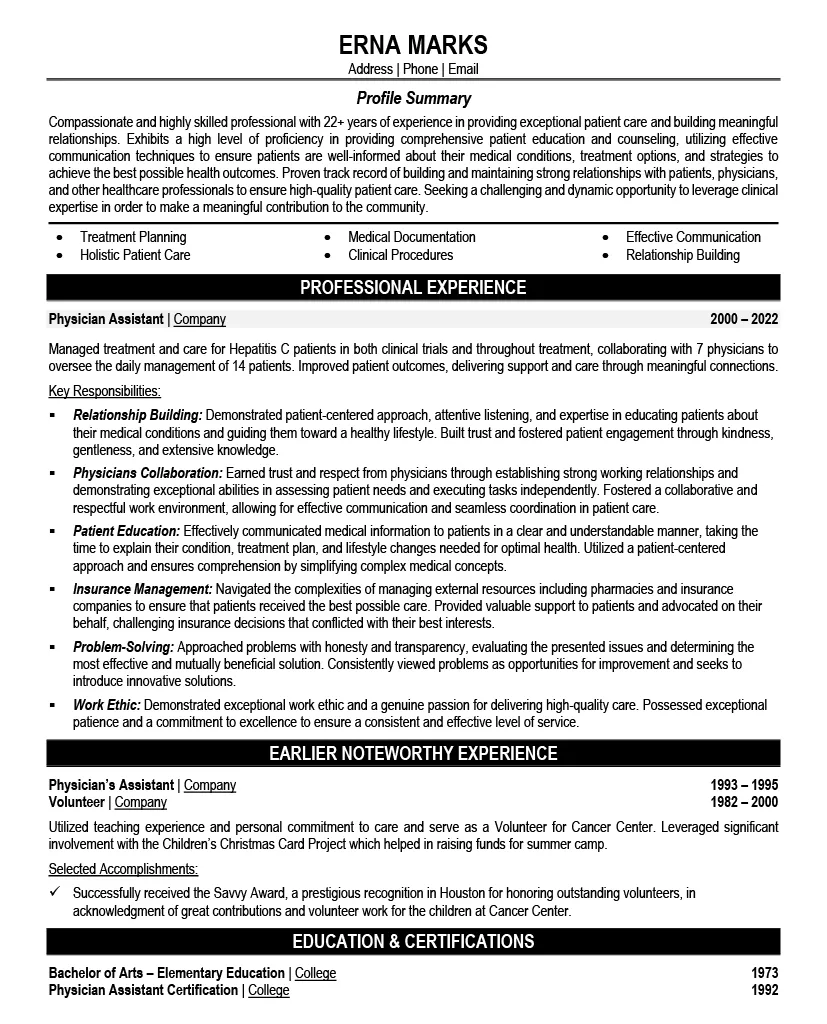
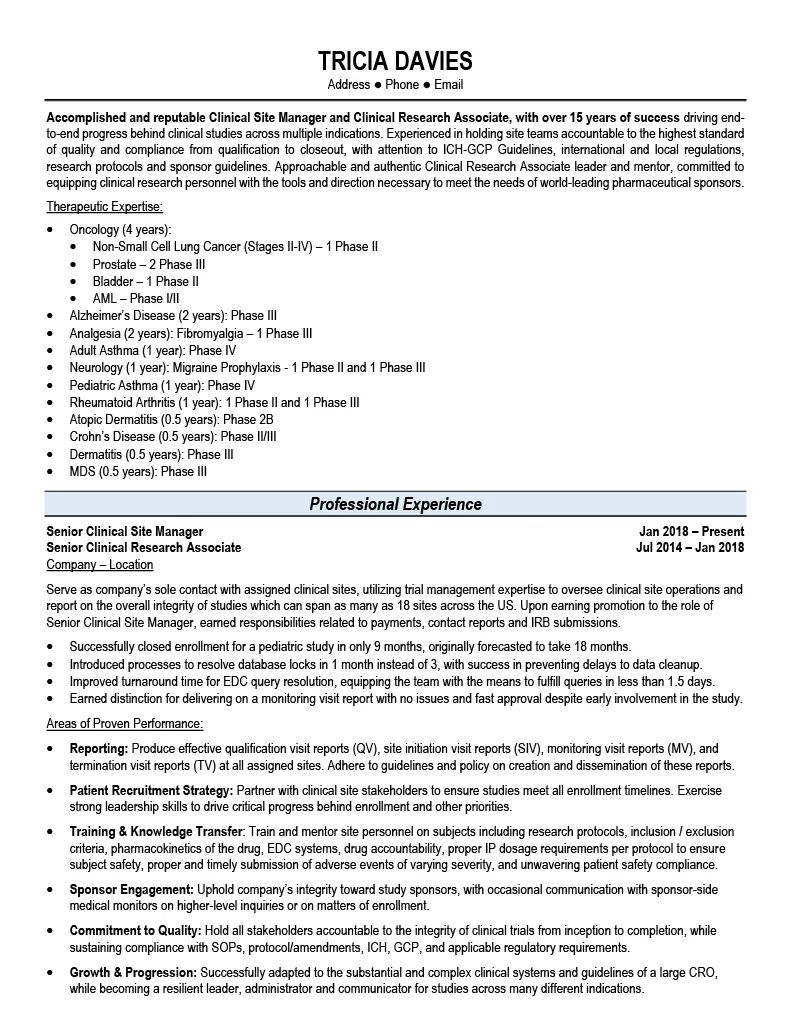
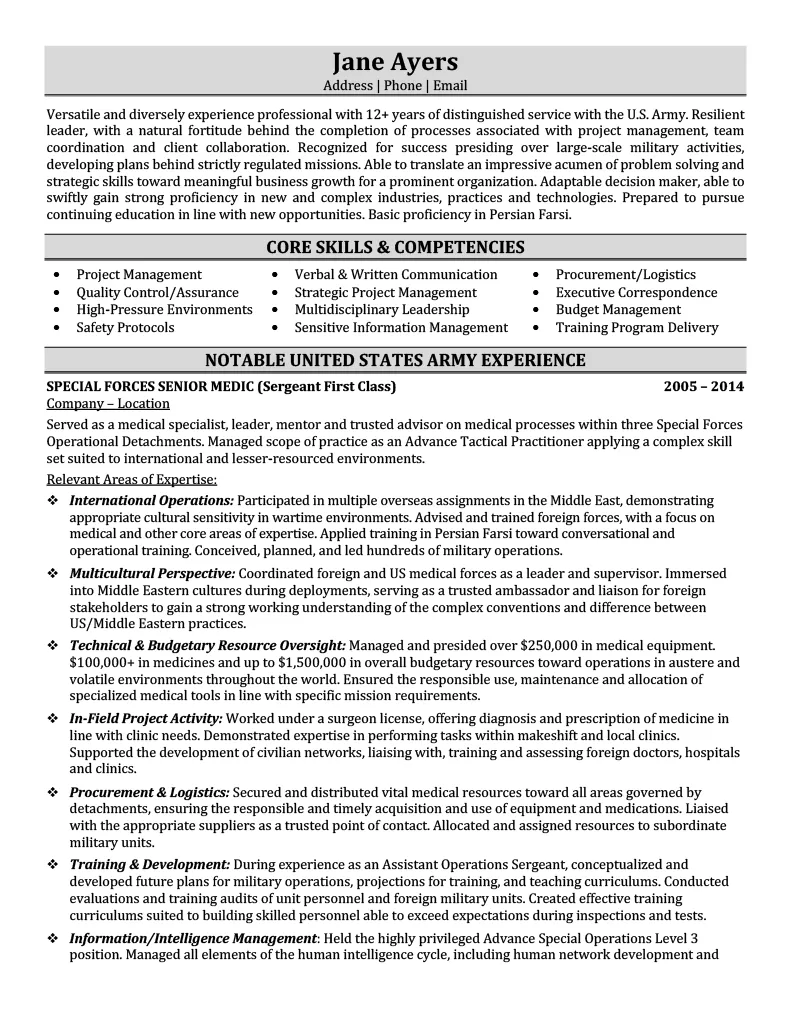
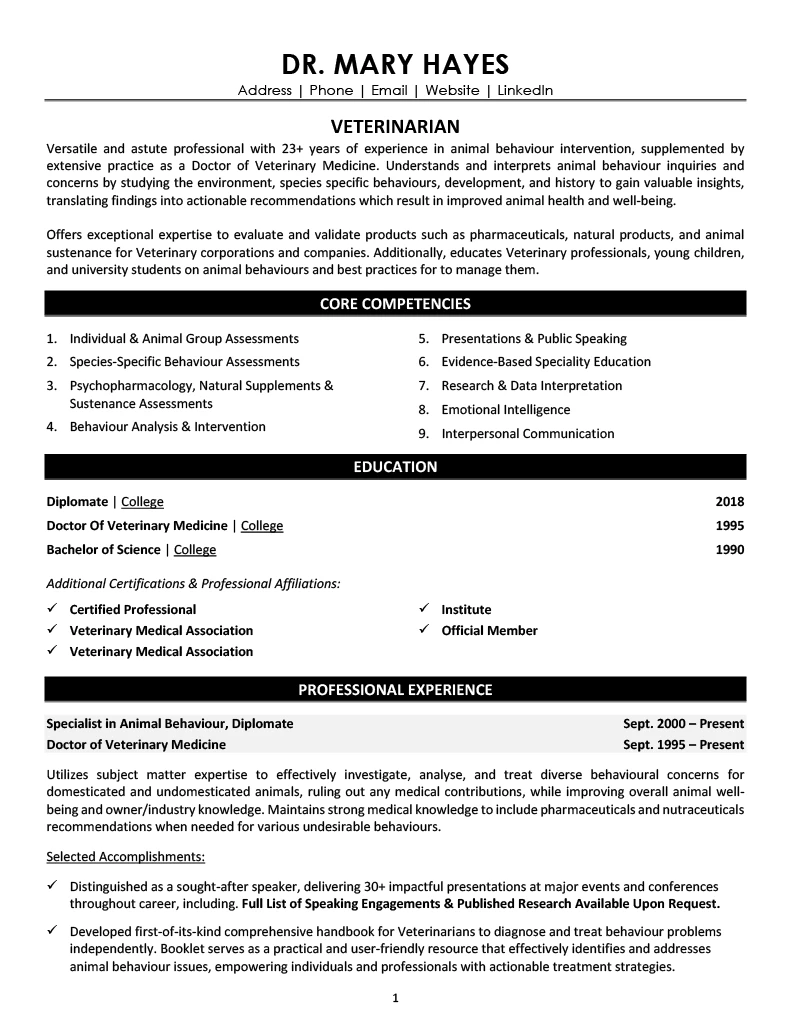
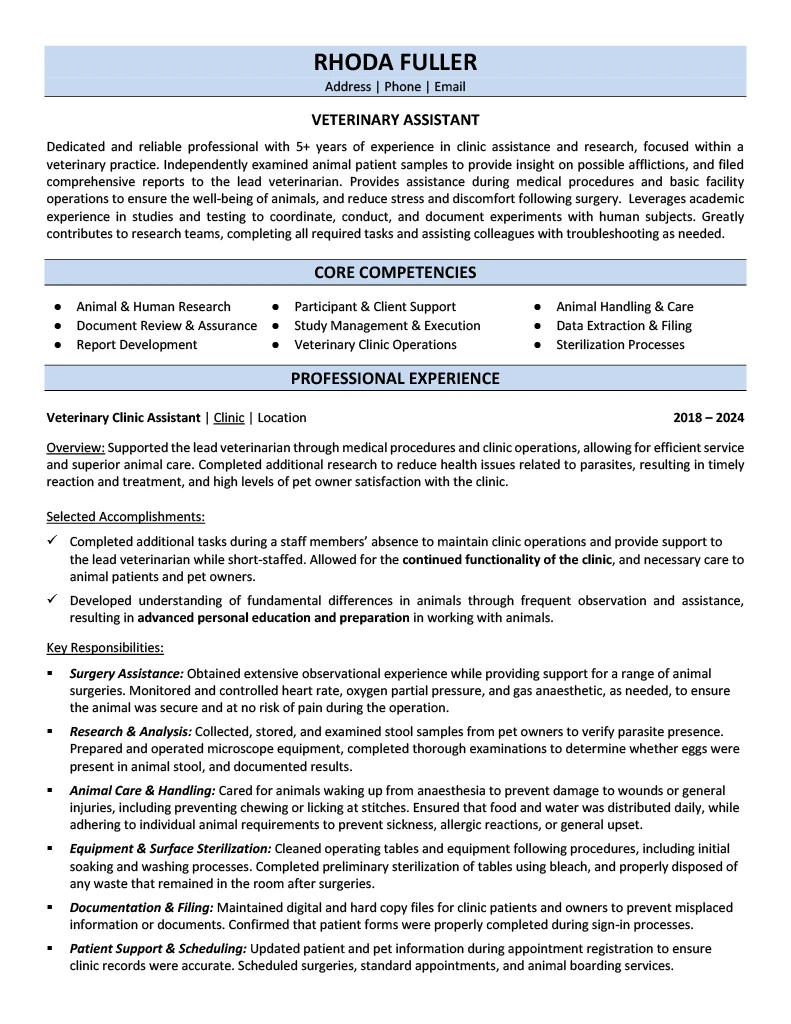
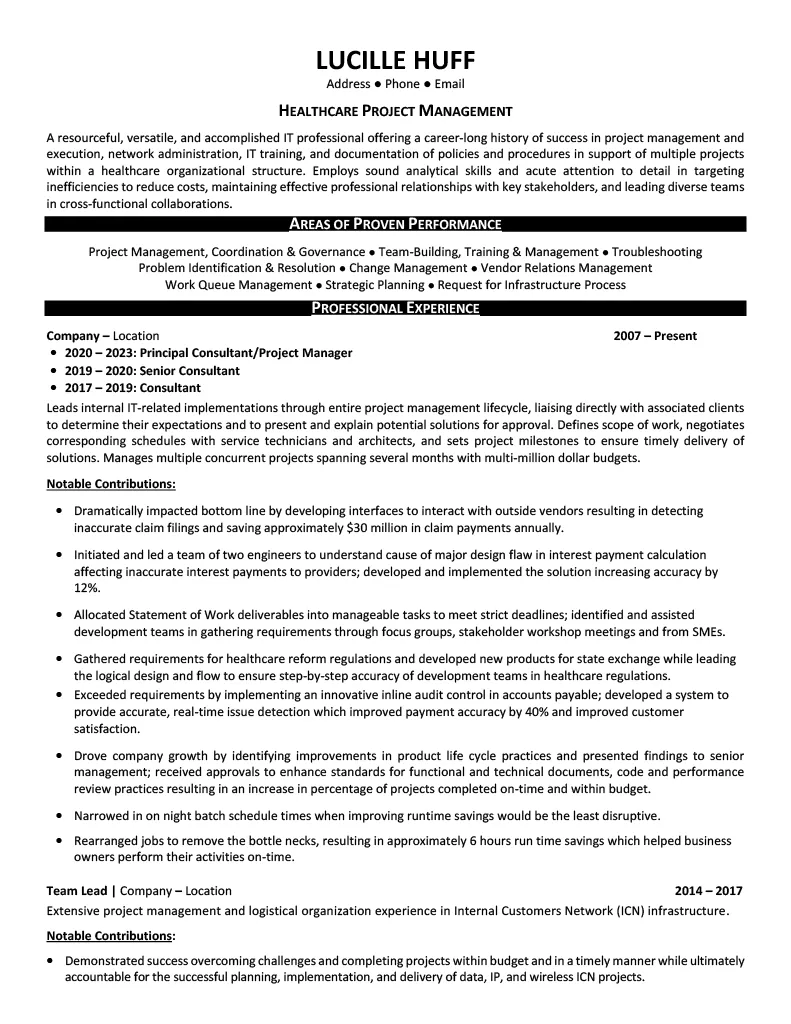
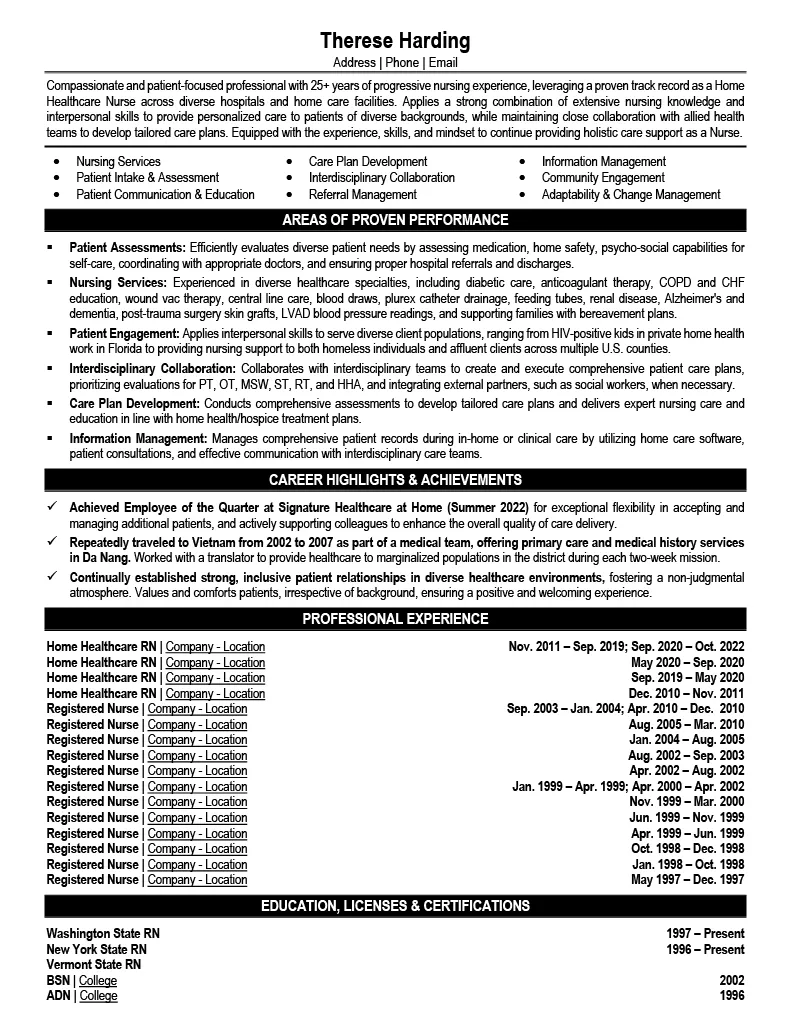
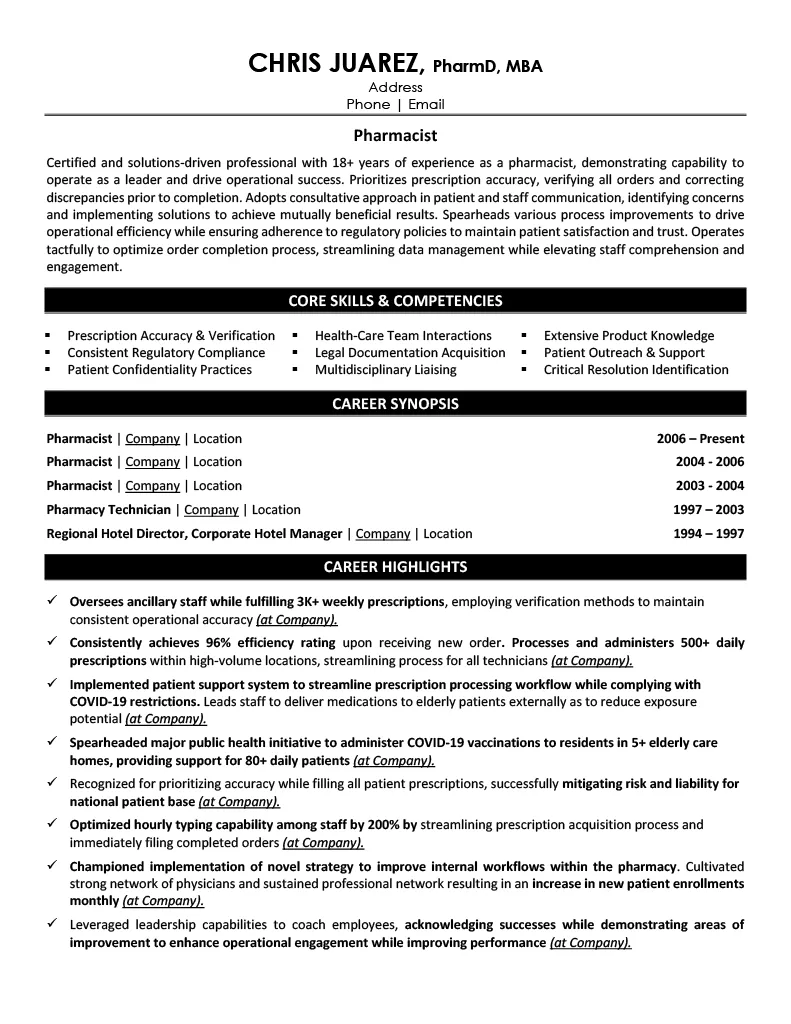
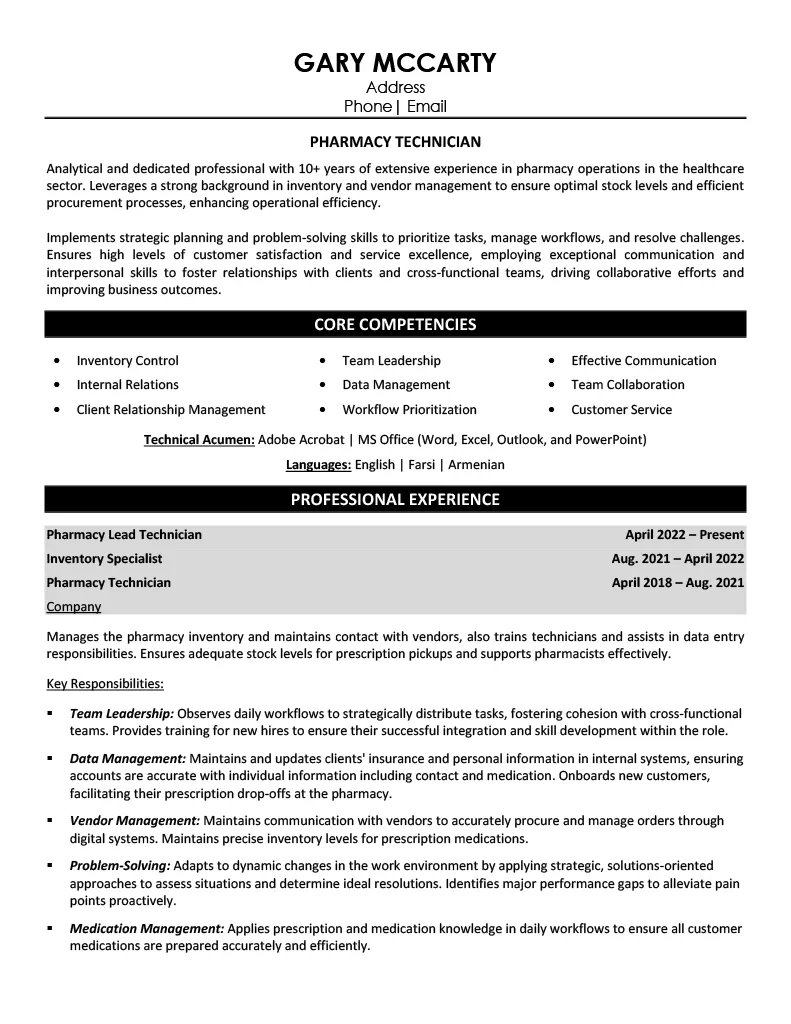
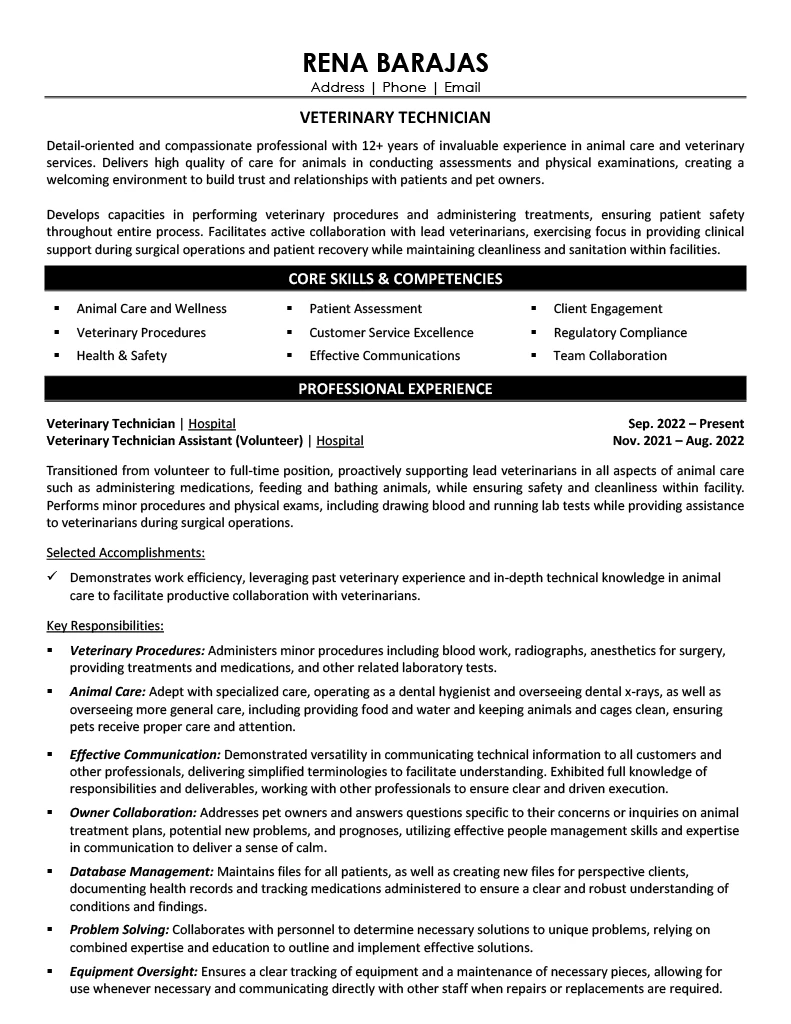
When a hiring manager reads your health care resume, they should think:
"This person has solved the exact problems we're facing."
What patient populations have you served? We probe the acuity, volume, and specializations.
"Tell me about the types of patients you typically care for..."What quality metrics did you impact? Patient satisfaction scores? We connect your care to measurable outcomes.
"How did your interventions improve patient outcomes?"What certifications, procedures, and protocols? This is where your clinical expertise becomes visible.
"Walk me through the most complex procedure you've performed..."What departments did you manage? What systems did you implement to improve care delivery?
"How did you reduce wait times or improve staff efficiency?"See how our interview process uncovered achievements and turned them into interview-winning proof.
Get Your Health Care Resume Written
Health Care jobs average 35 applicants per position. You're competing against 700 candidates. Our health care resume examples show how to stand out.
Data based on LinkedIn job postings. Updated Feb 19, 2026.
Here's the math most job seekers don't do:
Your health care resume must stand out against 700 professionals.
What makes you different is the story behind the projects.
Get Your Health Care Resume WrittenHealth Care Professionals Using Our Resume Templates Work At
Every health care resume example on this page was written through our 1-on-1 interview process. We extract achievements you'd never think to include.
We identify keywords and achievements that get health care resumes noticed.
Targeted questions about your health care projects and results.
Transform responsibilities into quantified achievements.
ATS-optimized resume in 3 business days + 14-day revisions.
80% of health care positions are never advertised. Get your resume directly into the hands of recruiters filling confidential searches.
When you purchase our Resume Distribution service, your resume goes to 600+ recruiters specializing in health care — included in Advanced & Ultimate packages.
| Agency | Location |
|---|---|
|
HA
Hays Specialist Recruitment
|
Nationwide |
|
RA
Randstad Staffing Agency
|
Nationwide |
|
KE
Kelly Services Workforce Solutions
|
Nationwide |
|
MA
ManpowerGroup Talent Solutions
|
Nationwide |
|
AD
Adecco HR Services
|
Nationwide |
A strong health care resume should include quantified achievements with specific metrics, relevant technical skills matched to job requirements, industry certifications, and clear evidence of results delivered. Our health care resume samples show exactly how to format and present these elements for maximum impact.
Entry-level health care resumes should focus on transferable skills, relevant coursework, internships, and projects. Highlight any health care exposure through volunteer work, academic projects, or certifications. Browse our entry-level health care resume examples to see effective formats for new professionals.
Most health care resumes should be 1-2 pages. Entry-level positions typically need 1 page. Senior health care roles with 10+ years of experience often warrant 2 pages.
Health Care roles average 35 applicants per job. With most job seekers applying to 20+ positions, you're competing against approximately 700 candidates. This is why professional health care resume writing that differentiates you is crucial.
Yes! All 34+ health care resume samples on this page are free to view. Each resume example was written through our 1-on-1 interview process with real health care professionals.
Templates give you a blank format. We give you the content. Our 1-on-1 interview process extracts achievements you'd never think to include, quantifies your health care impact, and positions you against specific job requirements. That's why 98% of our clients land interviews within 90 days.
Our health care resume writing services start at $199 for entry-level and go up to $749 for executive-level packages. Each package includes a 1-on-1 interview, ATS-optimized resume, cover letter, and 14 days of unlimited revisions. View our packages for complete details.